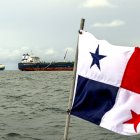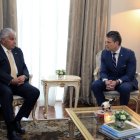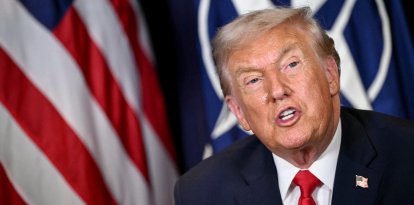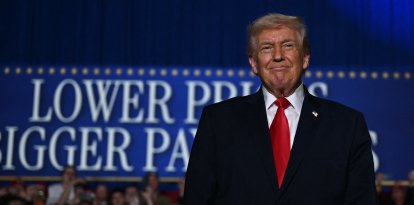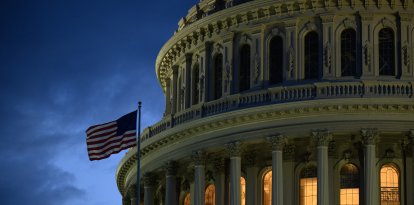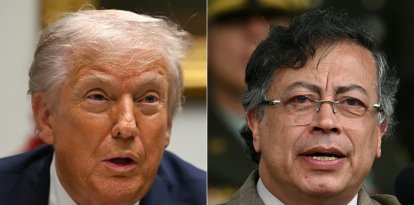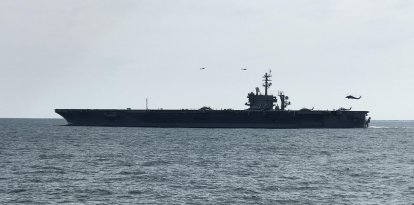Panama to allow US military deployment in Canal-adjacent areas and other security zones
U.S. soldiers will be allowed to use designated facilities and areas for training, exercises, and other activities, as per the agreement.
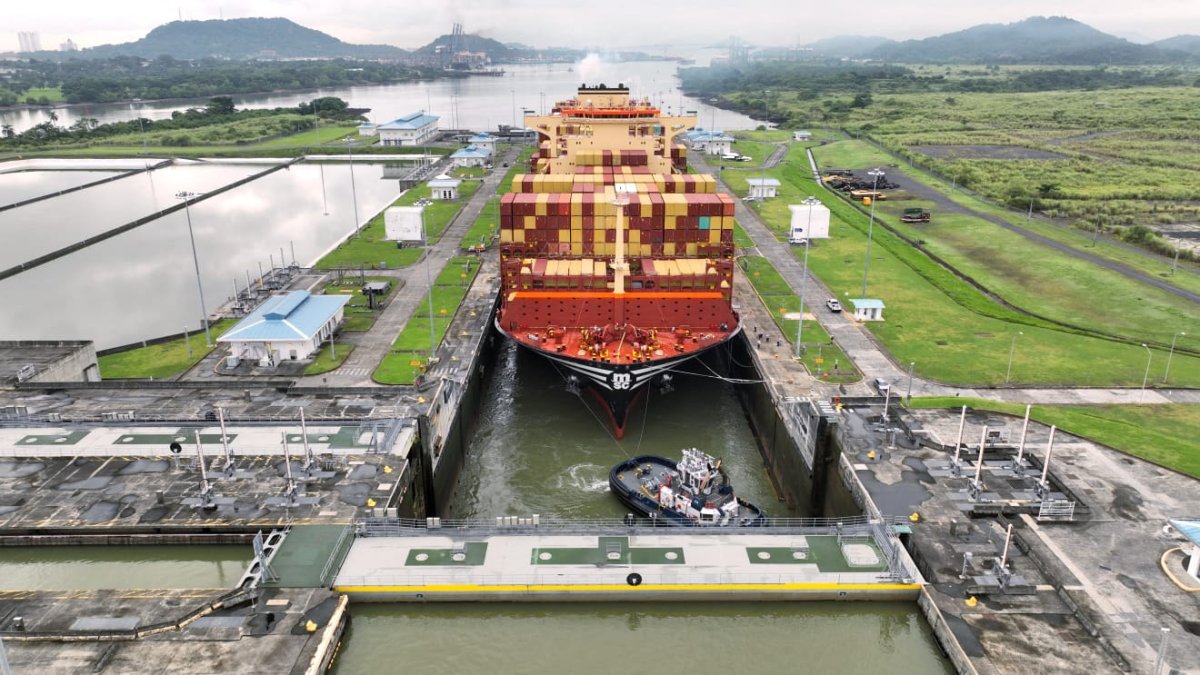
Panama Canal
The Panamanian government has released the details of a memorandum signed with the United States, allowing the U.S. military to increase its troop presence in the Central American country.
The agreement, signed in Panama City by Minister of Public Security Frank Alexis Abrego and U.S. Secretary of Defense Pete Hegseth, allows U.S. troops to utilize Panamanian security installations.
Most notably, the U.S. military will be deployed in areas surrounding and adjacent to the Panama Canal.
"China has had too much influence," said the U.S. about the Canal.
From Washington on Thursday, Secretary Hegseth praised the signing of the treaty—finalized a day earlier—which has a renewable three-year duration. Speaking at President Trump's cabinet meeting, the official declared that the United States is "taking back the Canal."
"China has had too much influence. Obama and others let them in. We, along with Panama, are expelling them, sir," he told the president.
The Panamanian government dismissed claims that these are military bases, a sensitive issue in the country, which previously hosted a U.S. military enclave before regaining full control of the Canal on December 31, 1999.
According to the agreement, the U.S. military will be permitted to use the "authorized" facilities and areas for "training,'" "exercises,"and other activities. The security agreement also includes images of the authorized facilities, which consist of two naval air bases and an airport, all located in areas where the U.S. military was previously stationed.
The pact also specifies that the facilities will remain owned by the Panamanian state and will be designated for "joint use."

World
Hegseth announces an agreement with Panama to guarantee free and priority passage of warships through the canal
Luis Francisco Orozco
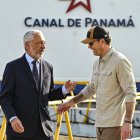
World
Panama pledges to abandon Silk Road after Secretary Hegseth's visit with President Mulino
Emmanuel Alejandro Rondón
Panamanian law prohibits the establishment of military bases
As stated in its political charter, Panama is legally prohibited from establishing military bases.
On Thursday, Panama’s President José Raúl Mulino stated that he rejected the Pentagon's proposal to include terms such as "permanent military presence," "military bases" and "cession of territory."
The Latin American country with the weakest military force in the region
In 1994, Panama’s Constitution enshrined a prohibition on the establishment of a standing army, further solidifying its civilian nature. Instead of a conventional army, the country maintains security forces focused on internal defense and public safety.
According to the Global Firepower 2025 ranking, which evaluates the military strength of nations, Panama ranks 136th out of 145 countries, making it the state with the lowest military capacity in Latin America."
During his recent visit to Panama, Hegseth had already raised the possibility of "reviving" a "military base."
Foreign Minister Javier Martinez-Acha assured on Thursday that the agreement with the United States adheres to the Constitution and the Canal treaties.
The United States views the operation of two ports at both entrances to the Panama Canal by Hong Kong-based Hutchison Holdings as a "threat" to its security. Amid mounting pressures, Panama conducted an audit, which revealed that the company's subsidiary had failed to comply with the terms of the concession contract.
A month ago, Hutchison announced plans to sell the concession for the two ports to a U.S. consortium, but the deal has yet to materialize due to an investigation by Chinese regulators.





